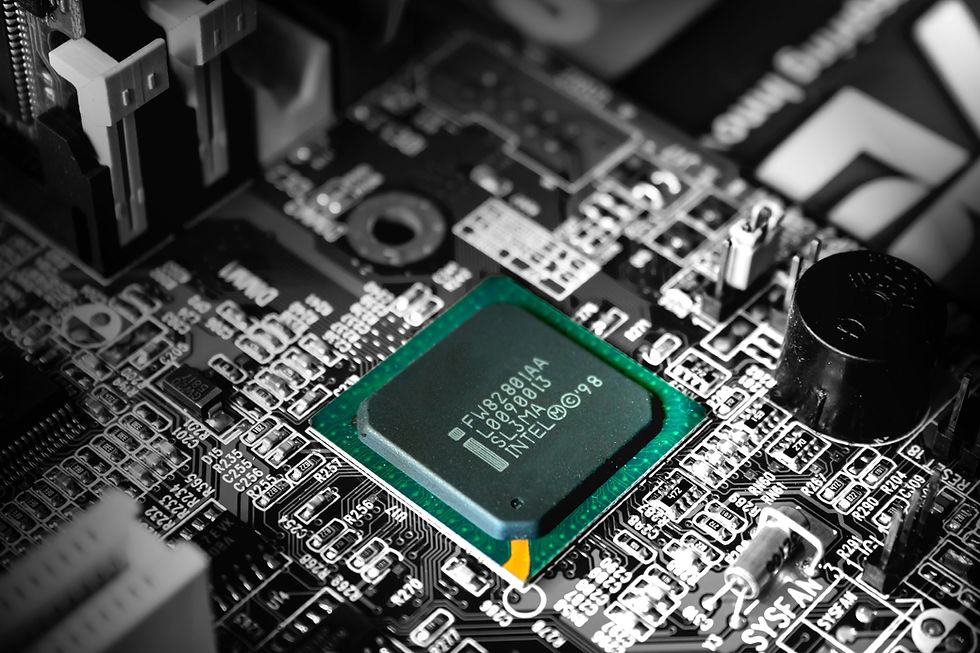Young adults hate AI. That says interesting things about therapy.
- alexanderwfurches
- Sep 2, 2025
- 2 min read

Here's a surprise: there's a growing backlash among the younger generation against AI-driven tools and technology. In the same way that organic and fair-trade products experienced a sales boom in the previous generation (mine), younger people want a more authentic, human connection.
Here's the article: https://www.channelnewsasia.com/commentary/ai-slop-backlash-fatigue-danger-clanker-5308931
Many social commentators speak of the modern "meaning crisis." People are searching for authenticity, not for things to be easier. A meaningful relationship involves investment and commitment, and leads to intimacy. Having an easy time of things isn't characteristic of meaningful activity.
That's the enduring wound of child abuse, which starts as PTSD, but ends up as a story that the caregivers can't be bothered to hear (more so if they were the abusers). And it gets buried in utter meaninglessness--a crushing of everything that relationship is supposed to be.
I think it's a great thing that young adults are seeing that relationship has meaning, and that AI tools (such as an email editor that sanitizes a hard interaction) often rob people of the hard but satisfying dialogue that characterizes meaningful relationships. The evidence from trauma therapy and marriage therapy supports this 100%.
The goal of trauma therapy is not to treat memories, it's to restore wholeness, especially with regard to the ability to tell a story and grieve it into the past. Getting to the point where memories aren't stuck as though they are still happening (the PTSD aspect, whether it can be seen, or is buried) is the technical aspect--simply the beginning of grief.
I am thankful that EMDR was the first trauma therapy to incorporate these ideas at a practical level. Maybe that's why participants at the Institute's trainings are younger than ever.








Comments